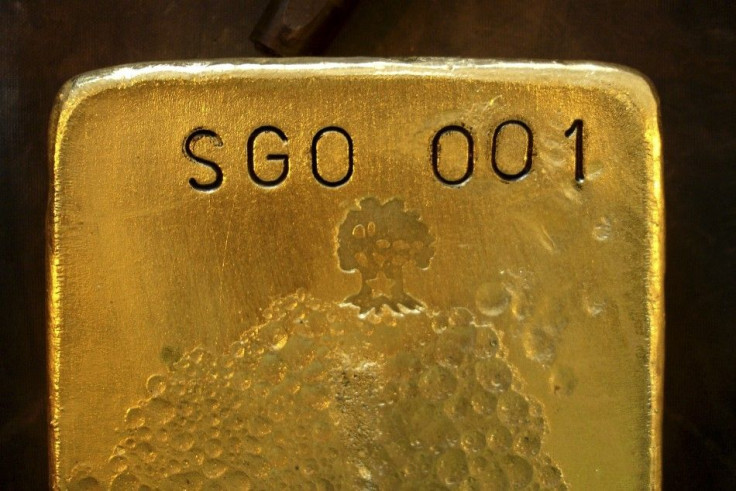South African Miners Stage One-Day Strike

(REUTERS) -- Tens of thousands of South Africans staged a one-day national strike on Wednesday, hitting mining production, as the biggest labour group in the continent's largest economy flexed its muscles to remind the ruling ANC of its political clout.
Gold Fields, the world's No. 4 producer, said its operations had ground to a halt, with as many as 85 percent of workers downing tools in response to the call for a strike by the Congress of South African Trade Unions (COSATU).
Harmony Gold, another major producer, said all staff affiliated to the National Union of Mineworkers, South Africa's biggest union, had stayed away. Neither company suffered any impact to their share price.
Coal mining also took a hit, with the local unit of mining giant Anglo American reporting a significant number of strikers, although the platinum sector was largely unaffected.
The immediate targets of the strike are new road tolls around Johannesburg, and short-term contract labour agencies that COSATU says exploit workers and perpetuate the inequalities of the white-minority apartheid rule that ended in 1994.
Despite the political and social gains scored since 1994, the working class in this country continues to reel under the pressure of neo-liberalism and the legacy of apartheid and colonialism, COSATU said.
However, despite its official billing, analysts said the strike was just as much about COSATU sending a reminder of its clout to the African National Congress (ANC), which is due to elect a new leader at the end of the year.
As things stand now, President Jacob Zuma is the clear front runner to be re-elected ANC leader, and on track to win a second five-year term as president in a 2014 election.
However, Zuma cannot afford to ignore the unions - integral players in the struggle against apartheid and wielders of considerable grass-roots political power.
Within the confines of ANC politics, there is clearly an attempt to spin the march as a challenge to Jacob Zuma's leadership and a criticism of his commitment to workers and the poor, Cape Town-based political economist Nic Borain said.
This kind of jostling is commonplace in the politics of the ruling alliance, he added. This is the left-Cosatu faction reminding Zuma that its support is conditional.
MODERN DAY SLAVERY
Several thousand red-shirted COSATU supporters gathered in the centres of Johannesburg, Cape Town and other cities under the watchful eye of dozens of police in riot gear, backed by mounted officers, dog units and water cannon.
However, the atmosphere was good-natured, with marchers singing, chanting and waving placards saying Labour broking equals modern day slavery and Stop E-tolling, it's highway robbery.
The ANC dismissed COSATU's road toll complaints as exaggerated, while business groups criticised the strike as political posturing that will pile more pressure on an economy forecast to grow at a relatively feeble 2.7 percent this year.
Business groups have also defended the labour agencies at the heart of the dispute, saying they are essential for seasonal industries such as farming, and without them, South Africa's 24 percent unemployment rate might be even worse.
Attempts to cut labour market red tape, in particular by making it easier to hire and fire workers, are met by fierce union opposition but Finance Minister Pravin Gordhan tiptoed cautiously into the fray with a newspaper editorial advocating a shake-up.
Given the scale of the unemployment challenge, no single policy offers the solution, he wrote in Business Day. There is no panacea, no silver bullet. What is needed is a comprehensive set of reforms that maximise job creation.
© Copyright Thomson Reuters {{Year}}. All rights reserved.






















